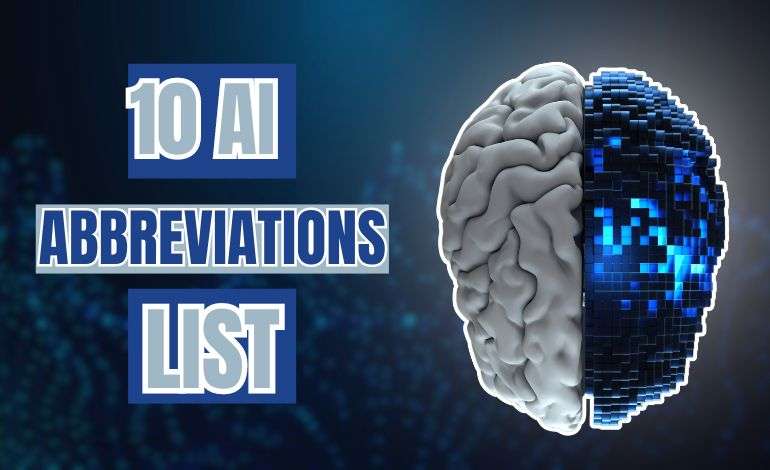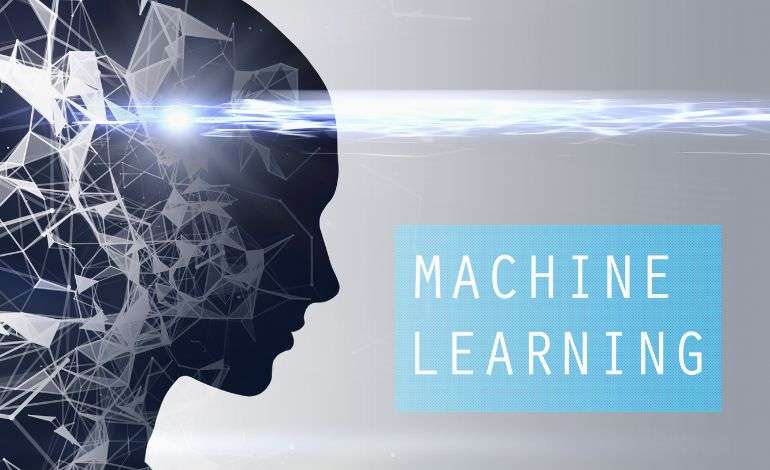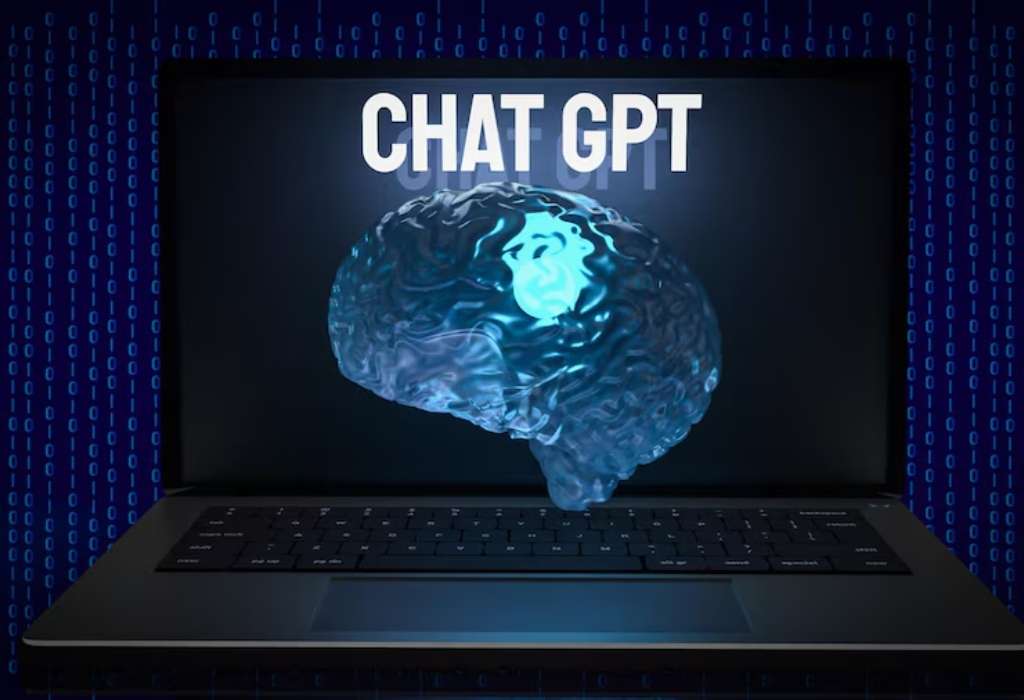
Artificial Intelligence Acronyms By Alaikas | 10 AI Abbreviations list
Artificial intelligence (AI) has made significant strides in all industries today health care, banking finance, education, and entertainment. Many may have gone through this scenario and to make the principles of artificial intelligence easily understandable for everyone, here is our take on simplifying AI terminology by way of a guide in the name “Artificial Intelligence Acronyms By Alaikas“.
What are the Abbreviations of Artificial Intelligence Acronyms By Alaikas?
Alaikas has illustrated several creative acronyms that capture complex AI themes. These acronyms abbreviations are the shorter version of a few that almost every newcomer in AI should know because these all hold importance for further development, research, and as necessary toolkits.

In this, we will explain these acronyms and analyze what they mean or if they apply to Fake human intelligence Beach.
Top 10 Artificial Intelligence Acronyms By Alaikas
AI – Artificial Intelligence
When a machine can simulate human intelligence, people say that it possesses artificial intelligence. While that may seem straightforward, artificial intelligence integrates several intricate systems and processing algorithms to identify patterns and characteristics in data.
ML – Machine Learning
Machine learning, a subset of artificial intelligence, allows systems to learn from experience and improve without explicit programming. The main objective is to create algorithms that can retrieve information, process it, and derive conclusions or forecasts from the process.

DL – Deep Learning
Deep learning is a second technology that does the same thing but experiences learning from historical records. This system does the same exchange of information as in networks or groups, though they have a neural connection inspired by animal brains.
NLP – Natural Language Processing
Natural Language Processing (NLP) – the capacity to analyze spoken and written language. Atomic Data Structure-Accumulated data is made up of natural bits which are atomic. atomic represents what cannot be broken down any further.
This technology enables AI tools to speak in human language and understand and process Human Language, which helps these models read our minds. Chatbots, for instance, are used to automate this.
CV – Computer Vision
To give computers and other systems the ability to comprehend and interpret the visual environment, a branch of artificial intelligence known as computer vision (CV) uses machine learning and neural networks. That’s your resume, please. Indeed, it explains why your phone can now identify your face in selfies and even enhance your appearance goodbye, unflattering hair days!
ANN – Artificial Neural Network
Artificial neural networks are computer models that mirror the architecture of the human brain. They are hierarchical and one layer processes information before sending it to the next lower layer. They consist of nodes that are interconnected or neurons. Deep Learning is among the most popular and contemporary AI applications.

RL – Reinforcement learning
RL helps to learn through different experiments efficiently. In the course of realizing what is happening within your environment, you will acquire different skills along with more exposure to a plethora of field-related subjects.
AR – Augmented Reality
AR overlays digital information on top of the real world, enhancing a person’s perspective and interaction with their environment. In augmented reality applications, AI algorithms facilitate real-time object detection, and spatial mapping and combine virtual parts smoothly with actual parts.
LLM – Large Language Model
The English skills of a Large Language Model (LLM) refers to any artificial intelligence system specifically trained on large amounts of human language observations, producing highly sophisticated sounding content. These deep learning-based models are trained on large text corpus collected from the Internet and other textual sources.
RPA – Robotic Process Automation
Robotic process automation (RPA), a type of automation technology that allows computers to simulate human actions carried out within digital systems and applications, is taking the financial sector by storm. Another AI application namely Robotic Process Automation (RPA) impacts operational efficiency directly.

Technology helps lighten the load for companies by ensuring that all those mundane tasks like data entry, and customer support are done automatically; this in turn allows a company to focus on more tactical moves.
Benefits of Using Acronym for Artificial Intelligence
- Improved Communication and Understanding
- Enhanced Marketing and Branding
- facilitation of Research and Development
- Building Network
Improved Communication and Understanding
Professionals who know what they are discussing while discussing a subject can communicate more effectively using acronyms. When the topic of data mining comes up in a conference, for instance, the experts will utilize the abbreviation DM rather than repeatedly stating data mining.
Enhanced Marketing and Branding
Here AI acronyms for marketing and branding have gained popularity. This approach is not only a clear way to categorize the body of knowledge but also helps in building solid brand awareness with the convenient use of acronyms like NLP (Natural Language Processing) and ML (Machine Learning).
Facilitation of Research and Development
Playing the role of acronyms is very crucial in the facilitation of Research and Development. By condensing complex concepts into concise terms like CNN (Convolutional Neural Network) and GAN (Generative Adversarial Network), acronyms allow researchers to quickly reference and discuss intricate ideas without lengthy explanations
Building Network
In addition, acronyms, and initial professional titles can allow you to communicate as efficiently as possible so that a robust professional network emerges. as they all know what topic are they discussing and on which subject to write.

Drawbacks of Using Acronyms for Artificial Intelligence
Increased Confusion:
For those new to the field, using an excessive number of acronyms can be confusing. Therefore, experts ought to refrain from abbreviating too much.
Information Overload:
The number of acronyms used in AI is overloaded in this field. The people who enter this field have a difficult time learning and understanding their meaning.
Conclusion
AI stands for advanced technologies, such as LLM, RAG, GPT, and XAI, which transform organizations’ functions. AI creates new opportunities, from process automation to a deeper comprehension of client needs.
Knowing these words is essential to navigating artificial intelligence and utilizing their potential for your company. Understanding these technologies facilitates the discovery of new opportunities for innovation and expansion and the optimization of current operations.
FAQs You Need on Artificial Intelligence Acronyms by Alaikas
Acronyms simplify communication by condensing complex concepts into concise terms, which:
Improve understanding and communication.
Enhance marketing and branding.
Facilitate research and development.
Strengthen professional networking by creating a shared vocabulary.
AI: Artificial Intelligence
ML: Machine Learning
DL: Deep Learning
NLP: Natural Language Processing
CV: Computer Vision
ANN: Artificial Neural Network
RL: Reinforcement Learning
AR: Augmented Reality
LLM: Large Language Model
RPA: Robotic Process Automation
Machine Learning (ML): A technology based on learning from data with the help of algorithms that give computers the ability to make predictions or make decisions.
Deep Learning (DL): A subdivision of ML that applies besides other methods the neural networks to interpret extensive datasets and at the same time such methods are even more sophisticated.
Healthcare: For diagnostics, personalized medicine, and administrative tasks.
Finance: Fraud detection which occurs through the use of automated systems for trading.
Education: In personalized learning platforms.
Entertainment: Via content recommendations and virtual reality.
AI as a concept can be learned more effectively through its primacy i.e., familiarity with the AI concepts. skills, in general, are often complemented and supplemented by professional communication. The AI will be a very important aspect of your further recognition and training in new business initiatives and projects.






